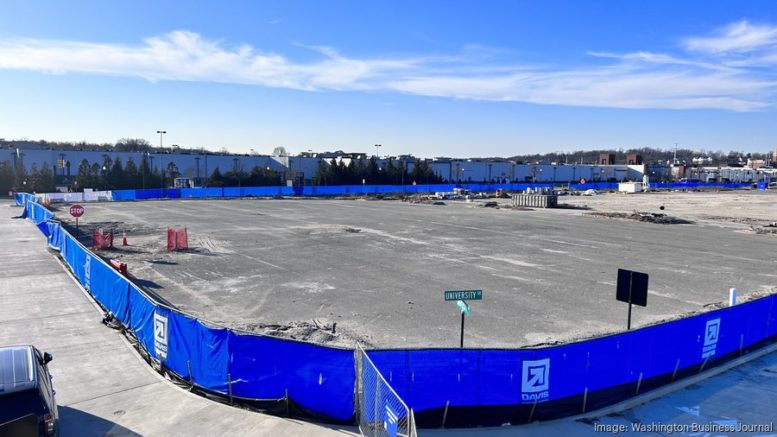The Greater Washington region confronts several significant challenges in its quest to achieve inclusive prosperity for its residents. These challenges encompass a mounting affordable housing crisis, the precarious financial state of its public transit system, and persistent racial and geographic inequities. Recognizing the interconnected and large-scale nature of these issues, local officials must adopt more coordinated and collaborative approaches to address them effectively.
One notable example of such regional collaboration occurred in 2018 when officials from D.C., Maryland, and Virginia came together to establish WMATA’s first dedicated capital funding source. This initiative, facilitated by the Greater Washington Partnership, exemplifies effective regionalism, wherein leaders across state and county lines work together to invest in infrastructure that benefits the entire region.
However, recent discussions surrounding the proposed relocation of the Capitals and Wizards to Potomac Yard have raised concerns about the commitment to regionalism. Virginia Governor Glenn Youngkin’s proposal to create a new sports authority and issue $1.4 billion in bonds for the construction of an arena and entertainment district has sparked controversy. Monumental Sports & Entertainment, the company owning the teams, negotiated this deal with Youngkin, rejecting D.C. Mayor Muriel Bowser’s offer of $500 million in public financing to upgrade the Capital One Arena.
While acknowledging the dynamics of economic development, including enterprises’ pursuit of competitive advantages, the proposed Potomac Yard deal diverts critical public resources from strengthening the region as a whole. Instead, it primarily benefits a single enterprise, reinforcing an area already poised for investment and undermining the region’s core economic anchor.
Successful regions feature diverse mixed-use areas where people can live, work, learn, and play. These activity centers can complement each other when policymakers invest in connecting them through transit and business relationships. However, diverting resources to one area at the expense of others weakens the region overall.
While some view the proposed deal as a regional victory because the teams remain in Greater Washington, true regionalism entails jointly financing fundamental assets that contribute to business success, without the need for financial inducements. Regardless of the outcome, this episode underscores the need for Greater Washington officials to prioritize collective efforts to address shared challenges effectively. As former Wizard Michael Jordan aptly stated, “Talent wins games, but teamwork and intelligence win championships.” Achieving regional success requires concerted teamwork and strategic collaboration among stakeholders.

